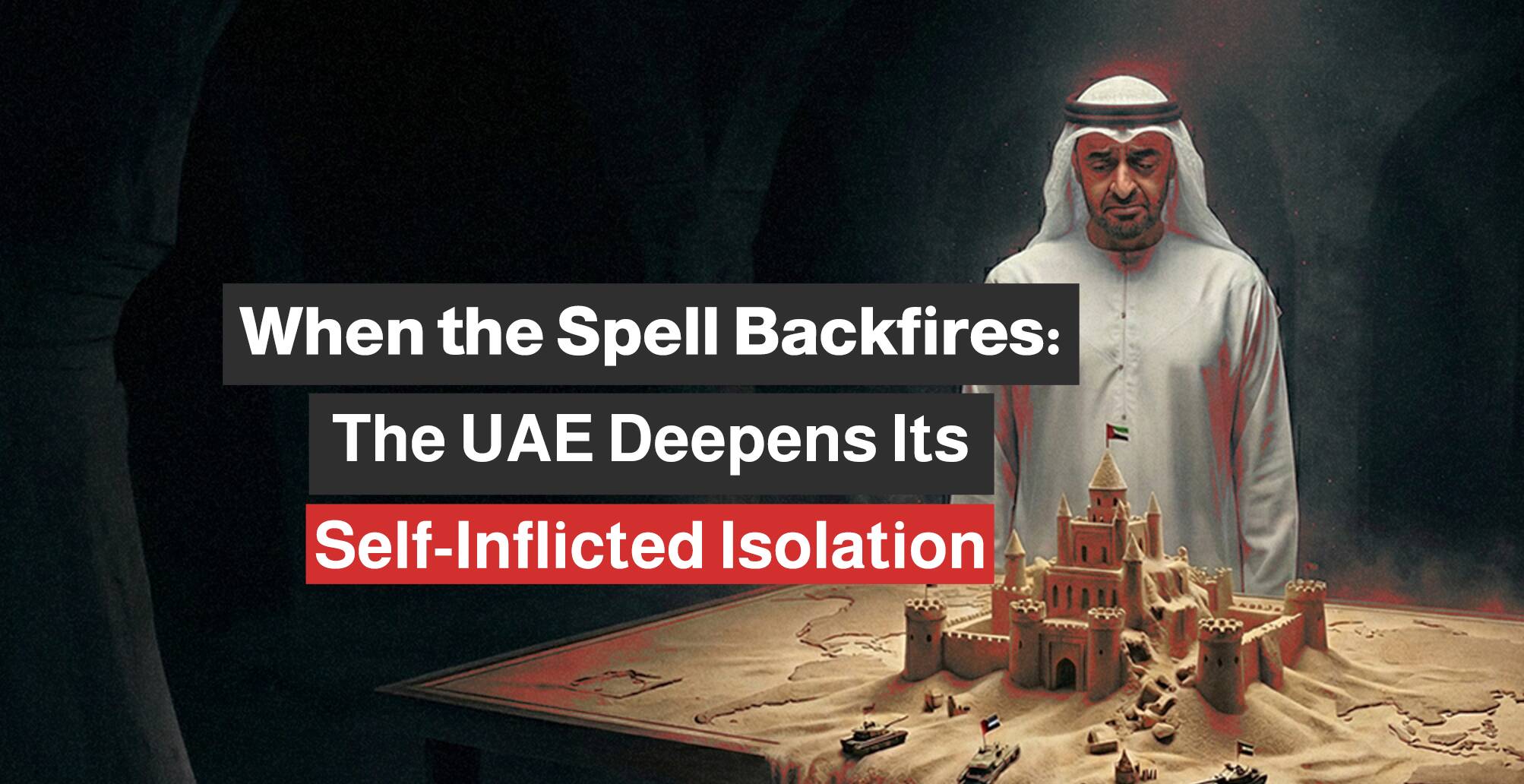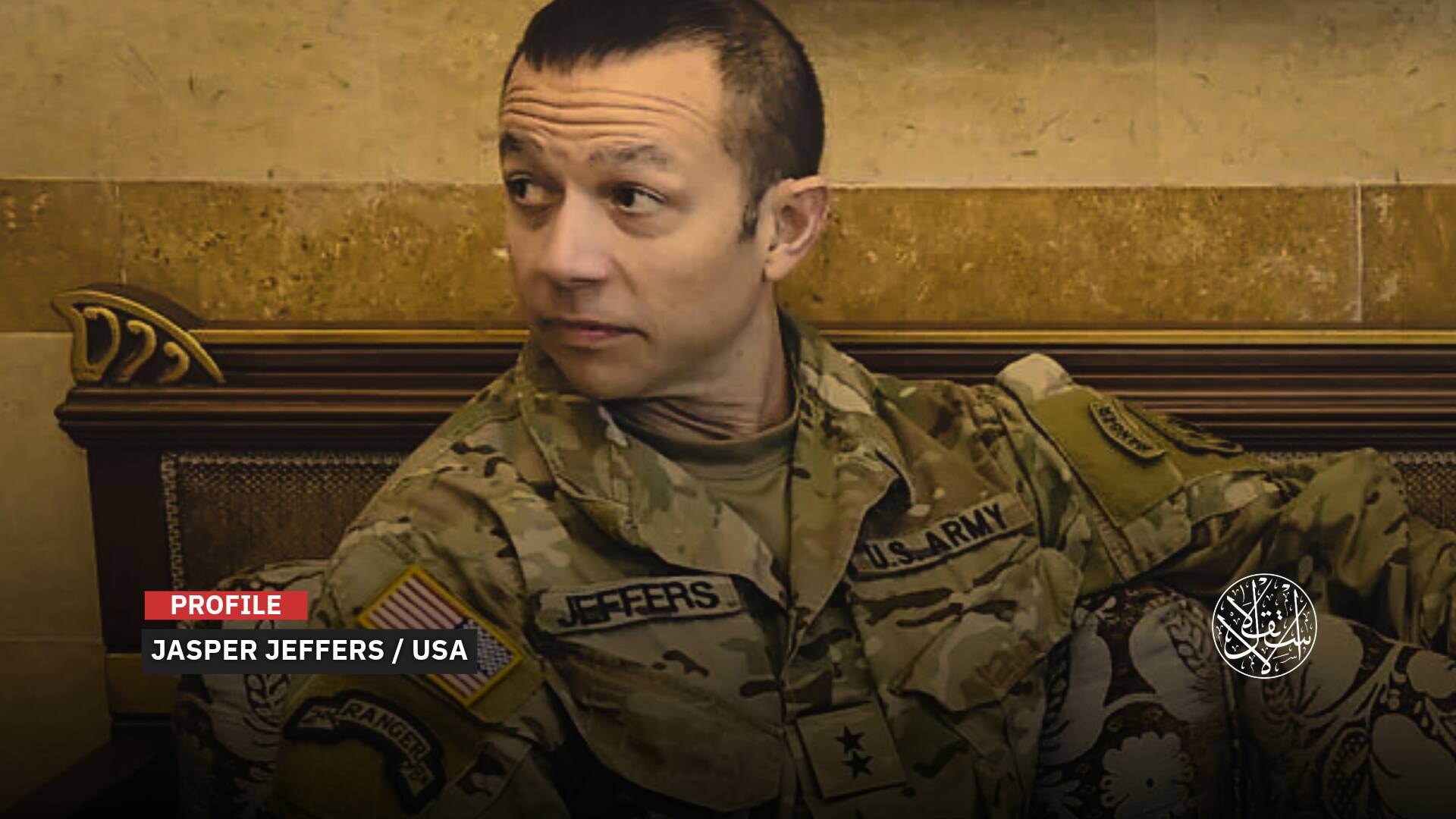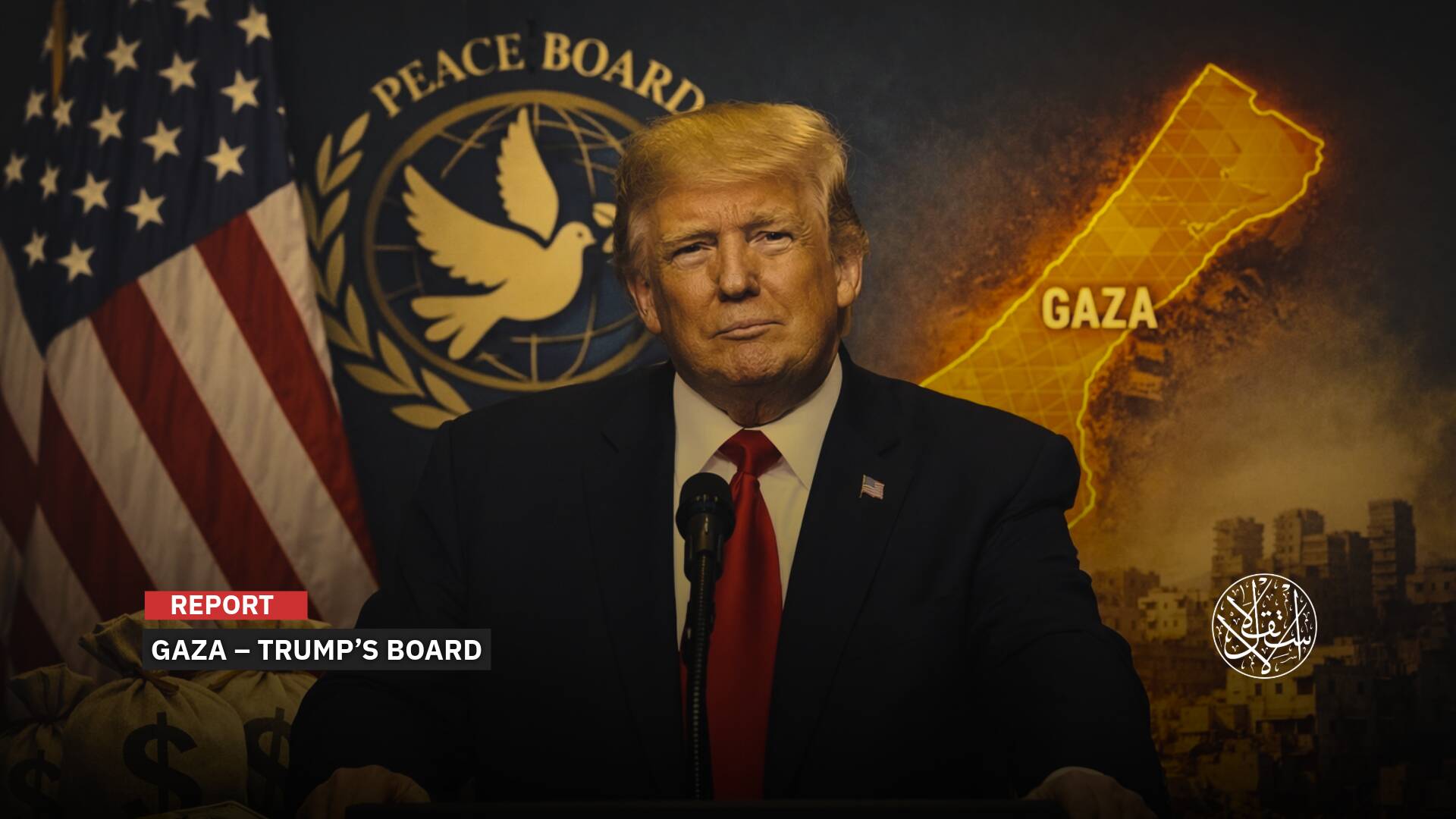Washington Lifts Ban on Offensive Weapons Sales to Saudi Arabia: What’s the Timing Significance?

U.S. officials linked Washington's decision to Saudi Arabia's commitment not to bomb Yemen.
The United States’ decision to lift the ban on selling offensive weapons to Saudi Arabia has sparked questions about the timing, especially as American strikes against Yemen’s Houthis intensify and tensions in the region rise, with a potential conflict between Iran and “Israel.”
Since early 2021, the U.S. has suspended certain categories of offensive arms sales, signaling President Joe Biden's disapproval of Saudi Arabia's war against the Iranian-backed Houthi group in Yemen and the strikes targeting civilian areas there.
The intensity of the conflict in Yemen significantly decreased following the UN-brokered ceasefire that took effect in April 2022. Although the truce officially expired in October of that year, it largely remains in place.
Lifting the Ban
In a clear reversal of its three-year policy to pressure Saudi Arabia to end the war in Yemen, the U.S. State Department announced on August 10, 2024, that the Biden administration had decided to lift the ban on selling offensive weapons to Saudi Arabia.
Reuters reported that a senior State Department official (whose identity was not disclosed) stated that the department had lifted the suspension on certain air-to-ground munitions transfers to Saudi Arabia, adding, “We will consider new transfers on a typical case-by-case basis consistent with the Conventional Arms Transfer Policy.”
"We also note the positive steps that the Saudi Ministry of Defense have taken over the past three years to substantially improve their civilian harm mitigation processes, in part thanks to the work of U.S. trainers and advisors," the State Department official said.
A senior Biden administration official (also unnamed) was quoted saying, "The Saudis have met their end of the deal, and we are prepared to meet ours.”
The official confirmed that there have been no Saudi airstrikes on Yemen since March 2022, and cross-border fire towards Saudi Arabia has largely ceased, following the UN-mediated truce between Saudi Arabia and the Houthi group.
Under U.S. law, major arms sales must be reviewed by Congress before they are finalized.
Lawmakers from both the Democratic and Republican parties have raised concerns about selling offensive weapons to Saudi Arabia in recent years, citing issues such as civilian casualties in Yemen and broader human rights concerns.
The conflict in Yemen began in late 2014 when the Houthis overthrew the legitimate government, leading to a civil war. In 2015, Saudi Arabia led a military coalition to support the government, a conflict that has since resulted in hundreds of thousands of deaths and left 80 percent of Yemen's population reliant on humanitarian aid.

Timing Significance
Regarding the timing of the U.S. decision, Yemeni writer and political analyst Abdul baqi Shamsan believes that "several factors are behind the resumption of American offensive arms sales to Saudi Arabia," while also dismissing the likelihood of Riyadh resuming airstrikes on the Houthis.
Shamsan told Al-Estiklal that "the first factor is Saudi Arabia’s previous shift towards other allies and reducing its reliance on the United States, especially by engaging with China and Russia. This diversification might lead some of these new allies to reduce their exclusive ties with the U.S."
Another reason, Shamsan added, is that "Saudi Arabia has not been cooperating with the United States as closely as it used to, partly due to Washington’s abandonment of Riyadh in a critical battle. This led Saudi Arabia to restore relations with Iran, initiate dialogue with the Houthis, and hold back from fully normalizing relations with Israel."
He also pointed out that "Saudi Arabia faces threats from the Houthis, and as a key ally of Washington, there are mutual defense agreements in place. However, Washington has hindered Saudi Arabia’s ability to defend against such attacks."
Additionally, Shamsan noted, “There is another factor related to regional developments, such as the situation in Palestine, Israeli plans, Arab tensions, and the ongoing conflict between Iran and the West. These factors have prevented Saudi Arabia from aligning completely with the U.S.”
"Saudi Arabia is prioritizing its national interests. It has not pursued normalization or joined the confrontation with Iran as the U.S. and Israel have urged, instead maintaining a relatively neutral stance and avoiding what can be called ‘costly alliances.’"
Shamsan also mentioned the impact of the upcoming U.S. elections, explaining that "external factors are influencing domestic politics. If Donald Trump wins, he is likely to strengthen ties with Saudi Arabia and blame the Biden administration for the rise of Iran, the October 7 events, and the continuation of the war in Ukraine."
Finally, Shamsan concluded that "these factors have led to the lifting of the U.S. ban on offensive arms sales to Saudi Arabia." However, he ruled out a resumption of Saudi airstrikes against the Houthis, as both sides have reached broad understandings. Yet, he warned that the Houthis' actions are tied to Iran, and if Iran decides to escalate, Riyadh could resort to airstrikes.

Timing Factor
Conversely, Middle East expert Dr. Imadaldin al-Jubouri stated that "the U.S. decision to lift the ban on offensive weapons sales to Saudi Arabia is largely time-driven. Since the ceasefire in Yemen nearly two years ago, the Kingdom has adhered to its commitment not to launch airstrikes on Yemen territory."
Speaking to Al-Estiklal, al-Jubouri added, "Therefore, the U.S. must fulfill its obligations by lifting the ban on offensive weapons. This issue is unrelated to other matters, such as normalization with Israel or the war in Gaza."
"Saudi Arabia remains a strategic ally of the United States, and even during these two years, Riyadh continued purchasing American defensive weapons."
Al-Jubouri argued that "the criticism should be directed at Washington. Since Joe Biden took office, the U.S. has used civil and human rights as a pretext, claiming that Saudi actions harm civilians."
“However, over the past 10 months, we have seen the Israeli Occupation relentlessly bomb Gaza, wiping out entire neighborhoods and committing daily massacres. Where is the U.S. stance on civilian human rights in the Gaza Strip?”

Strategic Realignment
Saudi political analyst Mohammed al-Ansari told the U.S. news outlet Alhurra on August 10 that "the United States acknowledges the positive steps taken by the Saudi Ministry of Defense to improve operations that minimize civilian harm in Yemen."
Al-Ansari attributed this to the Kingdom's efforts in advancing military, tactical, and intelligence training, as well as strengthening military and intelligence cooperation between Saudi Arabia and Washington.
He also highlighted "geopolitical shifts and unrest in the Middle East" as key factors behind Washington's attempts to strengthen ties with Riyadh. He stated, "Recent upheavals in the Middle East, particularly following the war between Hamas and Israel, have reshuffled priorities."
"With rising regional tensions, the United States finds it strategically important to bolster relations with Saudi Arabia, seen as a crucial partner in maintaining regional stability—a partner both Washington and Israel need."
Regarding the connection between the U.S. decision and efforts to normalize relations between Saudi Arabia and “Israel,” al-Ansari said, "Saudi Arabia will not take such a step until a full and permanent ceasefire is achieved in Gaza and a solution is found that satisfies the Palestinians regarding the future of the territory."
He emphasized that "Israel's assassination operations, particularly after the killing of Hamas leader Ismail Haniyeh, complicate rapprochement efforts, along with Israeli Prime Minister Benjamin Netanyahu's obstruction of any agreement in Gaza and the continued incitement against Palestinians by some members of his government."
According to The Washington Post on August 10, citing senior U.S. officials (whose identities were not disclosed), the United States has approved an initial shipment of air-to-ground munitions and stated it will consider additional transfers on a case-by-case basis.








